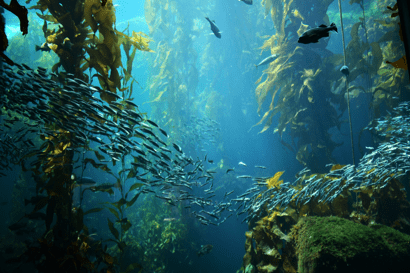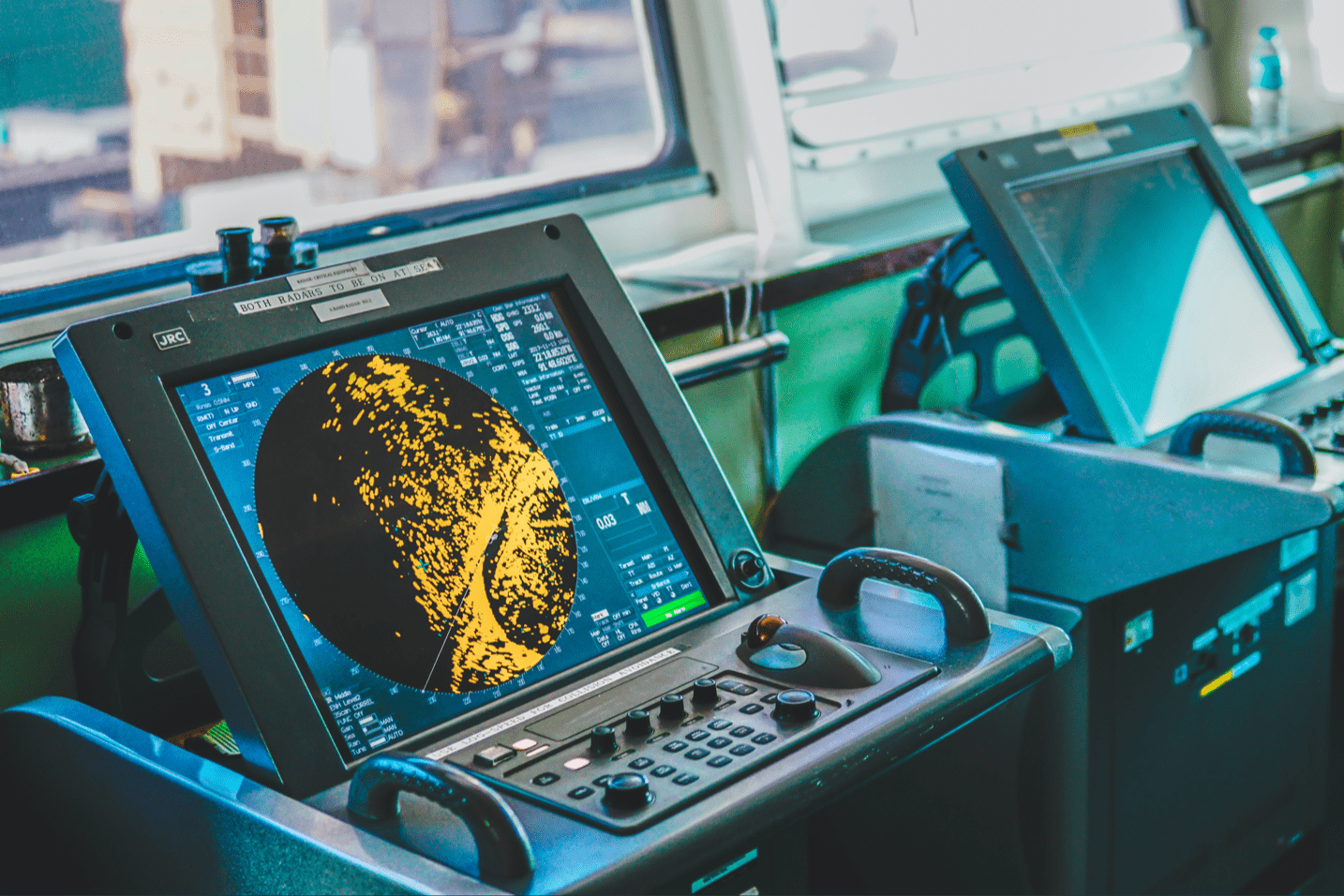Seaweed is a somewhat overlooked “unsung hero” of the ocean. With its range of applications and significant environmental and social benefits, sustainable seaweed has the potential of becoming a poster child for a regenerative material which can help address climate change, food and energy security and social prosperity as well as drive green recovery post-Covid19.
Context
Learn about the opportunities for expanding the European seaweed industry
Why seaweed

Versatility of use
From human, animal and plant food, pharma- and nutraceuticals, cosmetics to bioplastics and even biofuels – through relentless research and innovation a vast range of applications for seaweed have been developed. With greater investment into the industry, this list is set to continuously expand.

Benefits to the ocean and environment
Through its properties and versatile applications, seaweed has a positive impact on both the ocean and environment. Seaweed provides essential services such as food and habitat to the ocean ecosystem. Requiring no freshwater, fertiliser or cleared land to grow, sustainable seaweed also is a prime example of a regenerative material, acting e.g. as a good source of alternative protein or a replacement for plastic. Research also indicates a significant carbon sequestration and nitrogen absorption potential of seaweed, which is yet to be further quantified.

Support for social agenda
A prosperous and sustainable seaweed industry will benefit the green recovery agenda, stimulating the economy and leading to the creation of new jobs, in particular in coastal areas.


Status quo of the industry
Seaweed is on an upward trajectory: the global industry is expected to grow by 12% per year until 2024. One of the core drivers of this growth is a significant increase in human consumption. The majority of seaweed, however, is farmed in Asia. Europe, the top importer of seaweed products worldwide in terms of value ($613m in 2016), is significantly lagging behind.


Challenge in Europe
The European seaweed industry is still far from capturing its full potential. Up until now, Europe has focused mainly on harvesting natural seaweed, but a maximum sustainable production level has been reached. To galvanize the industry, a move towards sustainable farming is necessary. Due to a fragmented value chain, a lack of awareness of the potential of seaweed outside of the industry, in particular among policy makers, and as a result limited investment, Europe is facing system-level barriers.


Opportunity in Europe
There never was a more perfect time to scale the industry. Not only do Europe’s cold and nutrient-rich waters provide ideal growing conditions, but with an innovative seaweed industry burgeoning and the seaweed agenda integrating strongly with the focus areas of the European Green Deal, the industry in Europe is ideally positioned to expand.
More information on the challenges and opportunities of the seaweed industry can be found in the Seaweed Manifesto published in June 2020 and endorsed by Seaweed for Europe.

